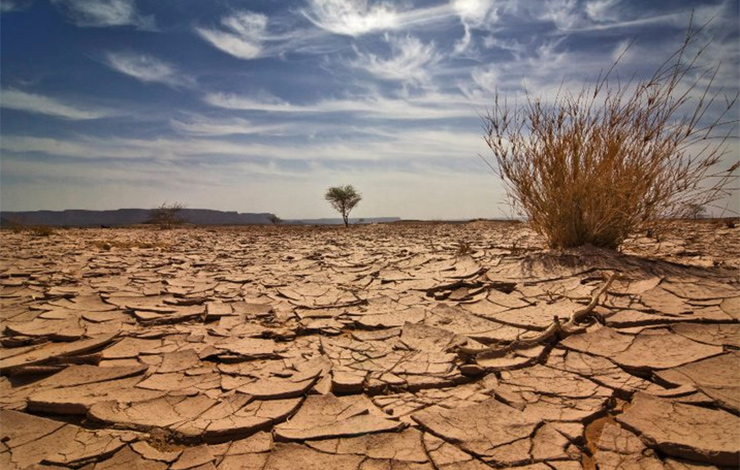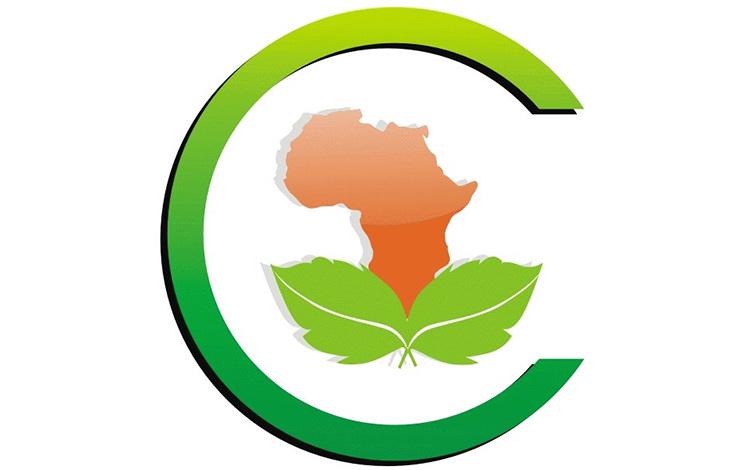Many government officials in Benin do not consider the rights of local communities when designing environmental laws and programs. To address this challenge, CAF organized a series of seminars designed to provide training and resources to government officials, lawyers, and civil society organizations. In an effort to build a national network of individuals and organizations working to advance environmental justice, CAF also created a database of law experts and civil society organizations specializing in environmental issues and published a weekly e-bulletin to keep stakeholders informed.
Challenge

Few government officials in Benin have the experience or knowledge to effectively design environmental laws and programs that incorporate the rights of local communities. This can be explained by lawyers and judges' lack of interest in enviornmnetal law, the populace's lack of awareness about their environmental rights, and an absence of legally enforceable environmental rights. As a result, environmental laws in Benin only exist on paper.
Program Summary
To address this dearth of knowledge and develop a common understanding of environmental law among government officials and civil society in Benin, the Conserve Africa Foundation (CAF) undertook a comprehensive program to:
- Provide training seminars and resources for 40 government officials, 25 civil society organizations, and multiple lawyers;
- Created a database of African environmental law experts within the civil society sector and government institutions;
- Created a website, which included a directory of civil society organizations working to promote environmental justice;
- Published a weekly e-bulletin to keep stakeholders informed of current news and legal cases related to environmental legislation.
Impact
As a result of this program, government officials and civil society representatives in Benin are much more informed of key environmental issues and are better prepared to address these issues through new legislation and enforcement efforts. Nearly 80% of government officials that attended CAF's training reported they are now more aware of the role of the judiciary in environmental matters and of the existing opportunities in environmental law, and they are committed to take responsible actions to reverse the current environmental degradation in the country. The website created by CAF continues to be a resource for environmental issues and over 5,000 individuals now receive CAF’s weekly e-bulletin.
Partners
Conserve Africa Foundation was the lead partner and worked with both governmental and non-governmental partners from:
- Various government ministries;
- Academia;
- Multinational organizations; and
- Non-governmental organizations.


